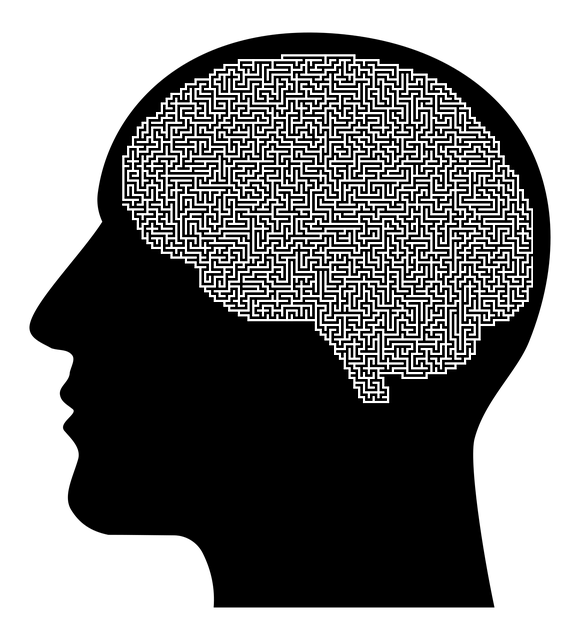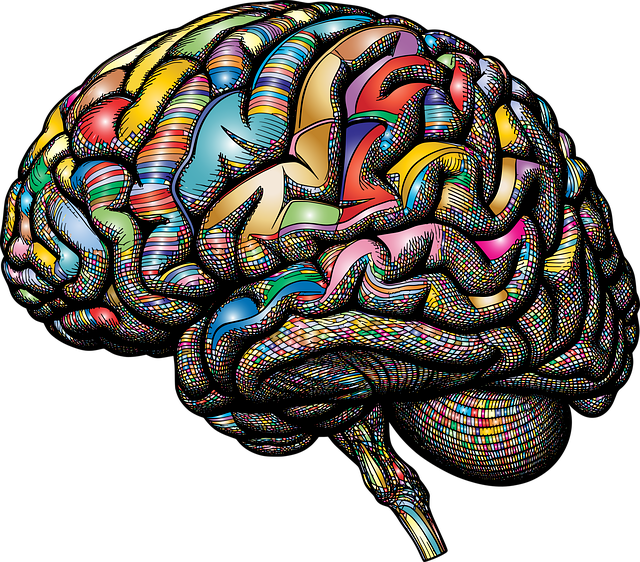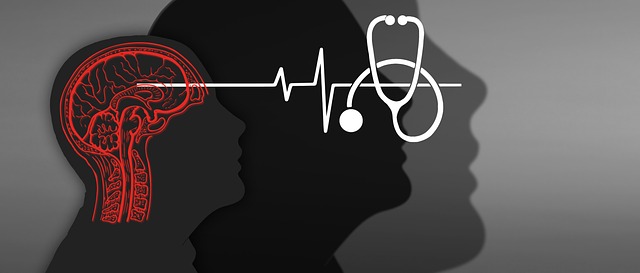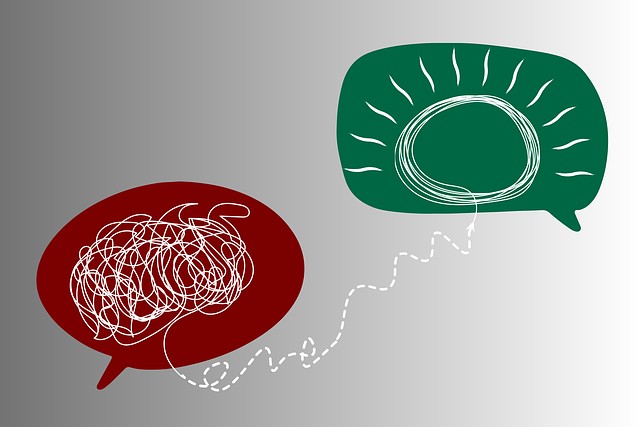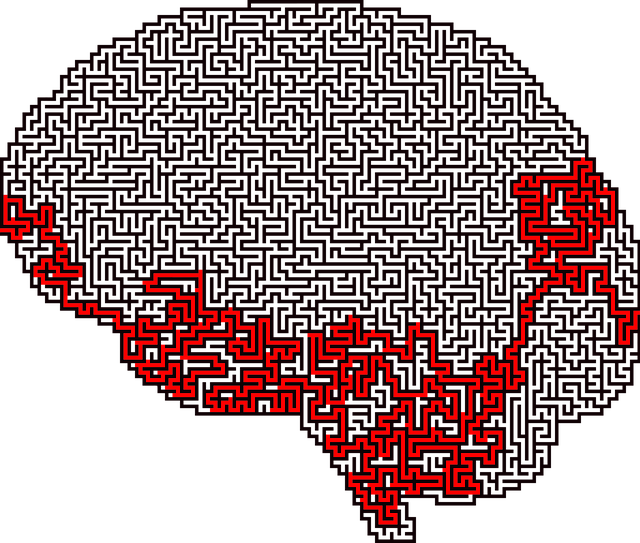The RFM (Risk, Fear, Mastery) model is a powerful tool in therapy for young adults who have experienced domestic violence, helping therapists identify psychological factors contributing to abusive behaviors and promote resilience. This framework guides evidence-based practices like community outreach programs that foster safety and empowerment, breaking abusive cycles. Key components include identifying resilient behaviors, social skills training, empathy-building strategies, and the Resilient Focus Model (RFM), which combines therapy, mental wellness coaching, and mindfulness to enhance recovery and overall mental well-being.
“Resilience is a powerful tool in the fight against domestic violence, especially for young adults navigating turbulent experiences. This article explores the Revolutionary Protection Framework (RFM), a therapeutic approach designed to empower individuals through resilience building. We delve into how RFM, tailored for young adults, can disrupt cycles of abuse and foster healing. By identifying resilient behaviors and engaging in practical activities, this framework offers a supportive environment for long-term emotional well-being and effective coping strategies.”
- Understanding RFM and Its Role in Domestic Violence Therapy for Young Adults
- Identifying Resilient Behaviors: A Cornerstone of RFM Exercises
- Practical Resilience-Building Activities for a Supportive Environment
- The Impact of RFM on Long-Term Healing and Coping Strategies
Understanding RFM and Its Role in Domestic Violence Therapy for Young Adults

Understanding RFM (Risk, Fear, and Mastery) is pivotal in domestic violence therapy for young adults. This framework helps therapists identify and address specific psychological aspects that contribute to abusive behaviors or make individuals vulnerable to them. By assessing an individual’s level of risk, fear, and perceived mastery over their environment, therapists can tailor interventions to promote resilience and healthy coping mechanisms. For instance, a young adult struggling with anxiety relief might benefit from RFM exercises designed to challenge negative thought patterns and increase feelings of control.
The RFM model plays a crucial role in the development of coping skills among young adults who have experienced domestic violence. It guides the implementation of evidence-based practices, such as community outreach program initiatives, aimed at fostering safety, support, and empowerment. Through these programs, individuals can learn effective strategies to manage stress, improve their decision-making abilities, and build a supportive network—all essential components in breaking abusive cycles and promoting long-term well-being.
Identifying Resilient Behaviors: A Cornerstone of RFM Exercises

Identifying resilient behaviors is a cornerstone of RFM (Resilience, Flexibility, and Mastery) exercises designed to aid young adults recovering from the effects of domestic violence. These exercises are tailored to help individuals recognize and cultivate strengths that can buffer against future challenges. By focusing on resilience, RFM approaches aim to empower young adults with effective coping strategies, enhancing their emotional well-being and mental health.
Through various therapeutic techniques, participants learn to identify signs of resilience within themselves and others. This process involves exploring personal experiences, understanding protective factors, and developing empathy building strategies. The ultimate goal is to foster a sense of agency and promote depression prevention by equipping young adults with the tools to navigate stressful situations more effectively. RFM exercises thus contribute to broader mental health policy analysis and advocacy efforts, highlighting the importance of resilience-based interventions in supporting vulnerable populations.
Practical Resilience-Building Activities for a Supportive Environment

Building resilience is a crucial aspect of supporting young adults, especially those recovering from domestic violence. Practical activities can help create a safe and supportive environment, fostering mental health awareness and empowerment. One effective strategy is social skills training, which encourages interaction and enhances communication, allowing individuals to express themselves and develop empathy. Role-playing scenarios, group discussions, and collaborative problem-solving exercises are engaging ways to promote social connection and emotional intelligence.
Additionally, incorporating empathy building strategies into therapy sessions can profoundly impact a young adult’s resilience. Activities that encourage active listening, perspective-taking, and compassionate communication help individuals understand and validate their emotions while also recognizing the feelings of others. This process contributes to healthier relationships and better coping mechanisms in challenging situations, ultimately strengthening their ability to navigate life’s storms with increased confidence and adaptability.
The Impact of RFM on Long-Term Healing and Coping Strategies

The Resilient Focus Model (RFM) has been recognized as a powerful tool for young adults recovering from domestic violence. This therapeutic framework goes beyond traditional coping mechanisms by emphasizing long-term healing and resilience building. Through RFM, individuals learn to process trauma and develop effective strategies to navigate life’s challenges. The model encourages clients to explore their emotions, thoughts, and behaviors, fostering self-awareness and personal growth.
By integrating components of therapy for young adults, mental wellness coaching programs, and mindfulness meditation, RFM enables survivors to build resilience. These exercises help them break free from destructive patterns and develop positive coping mechanisms. Additionally, trauma support services tailored around RFM can significantly enhance recovery by providing a safe space for expression and healing. This holistic approach ensures that young adults not only survive but thrive, cultivating mental wellness in the aftermath of domestic violence.
Resilience-focused therapy, particularly through RFM exercises, offers a powerful tool in helping young adults affected by domestic violence. By identifying and fostering resilient behaviors, individuals can develop effective coping strategies and long-lasting healing. These exercises create a supportive environment, enabling participants to navigate challenges and build strength. The benefits of RFM extend beyond the therapeutic setting, as it empowers young adults to face future adversity with enhanced resilience, ultimately improving their overall well-being and quality of life.
